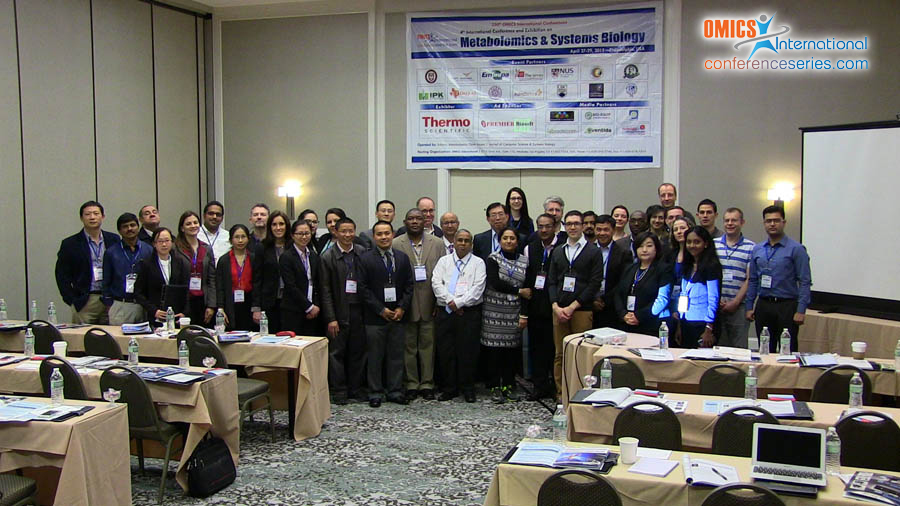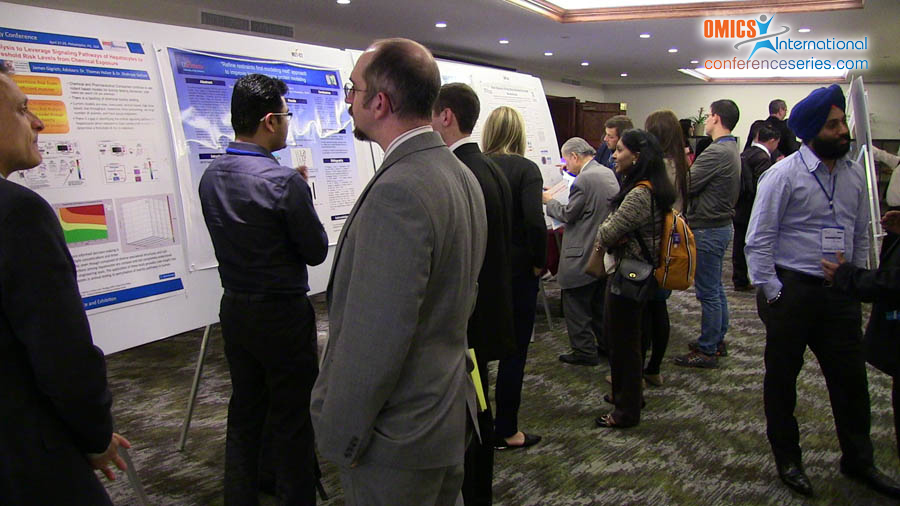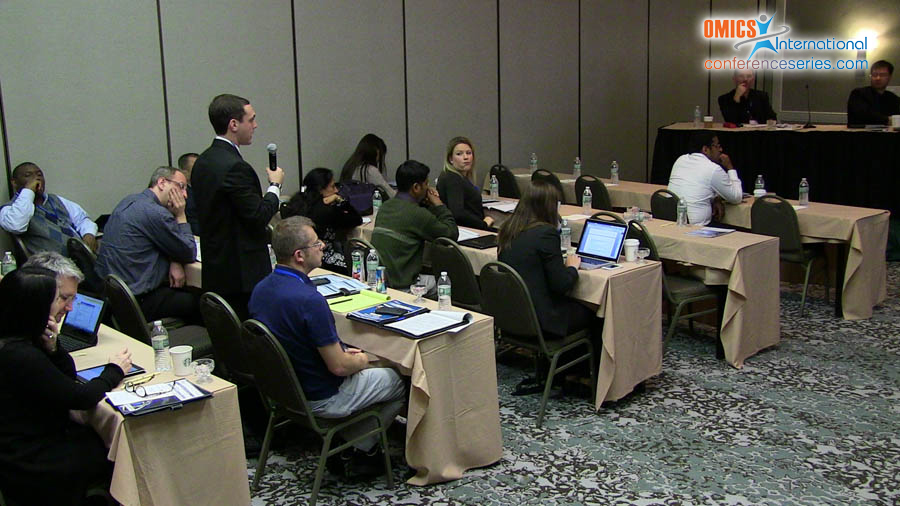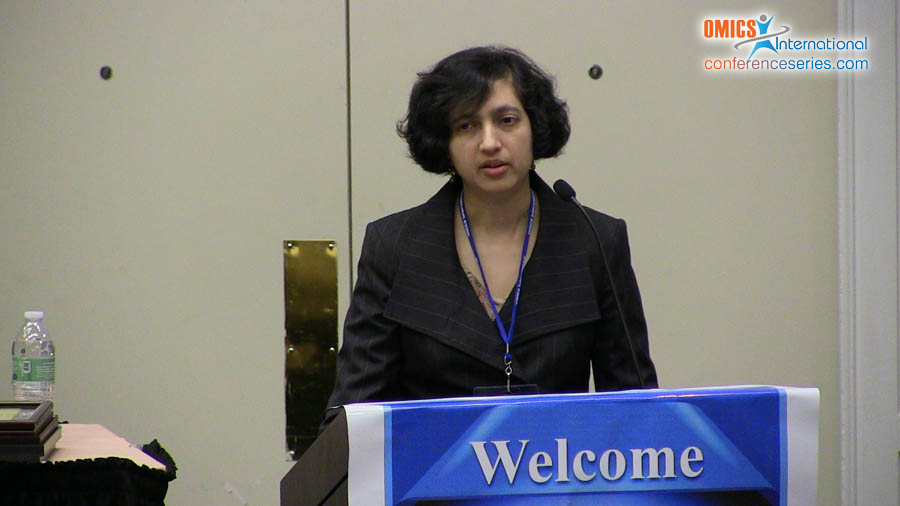
Asha R Kallianpur
Cleveland Clinic Lerner College of Medicine, USA
Title: Host Genomics and HIV-Associated Neurocognitive Disorders (HAND)
Biography
Biography: Asha R Kallianpur
Abstract
HIV-associated neurocognitive disorders (HAND) occur in 40-50% of persons infected with HIV, including those with undetectable virus on antiretroviral therapy (ART). In contrast to HAND in the pre-ART era, frank dementia is now uncommon, but asymptomatic and mild forms of HAND remain common, owing to the intersection of aging-related changes with immune activation and antiretroviral drug toxicities. The neuropathogenesis of HAND is poorly understood, but intensive research over the past two decades has implicated persistent immune activation, neuro-inflammation, and monocyte-derived macrophages in the disease process. Candidate-gene studies have identified genetic variants as potential risk or protective factors in HAND, but due to many factors - study heterogeneity, diagnostic imprecision, low power, and changing epidemiology - only a few genetic variants have been replicated; nor have prior associations been replicated in the single, published genome-wide association study. Systems biology and machine learning approaches for analyzing high-throughput genetic, transcriptomic and epigenetic data, coupled with longitudinal studies that use consistent phenotypic definitions, tissue-based microarray studies, and genomic studies incorporating stable endophenotypes of HAND, hold promise for identifying fundamental biological pathways and gene networks that underlie this debilitating disease. Common themes including involvement of the mitochondrial genome, interferon-response and activation genes, and iron metabolism have emerged, suggesting that dysregulation of these processes may occur early in HIV infection and progress despite treatment. Correlation of multiple types of “omics” data with neuropathological and clinical disease features and longitudinal assessment are needed to elucidate patterns of altered pathways that promote HAND and develop treatment strategies.




